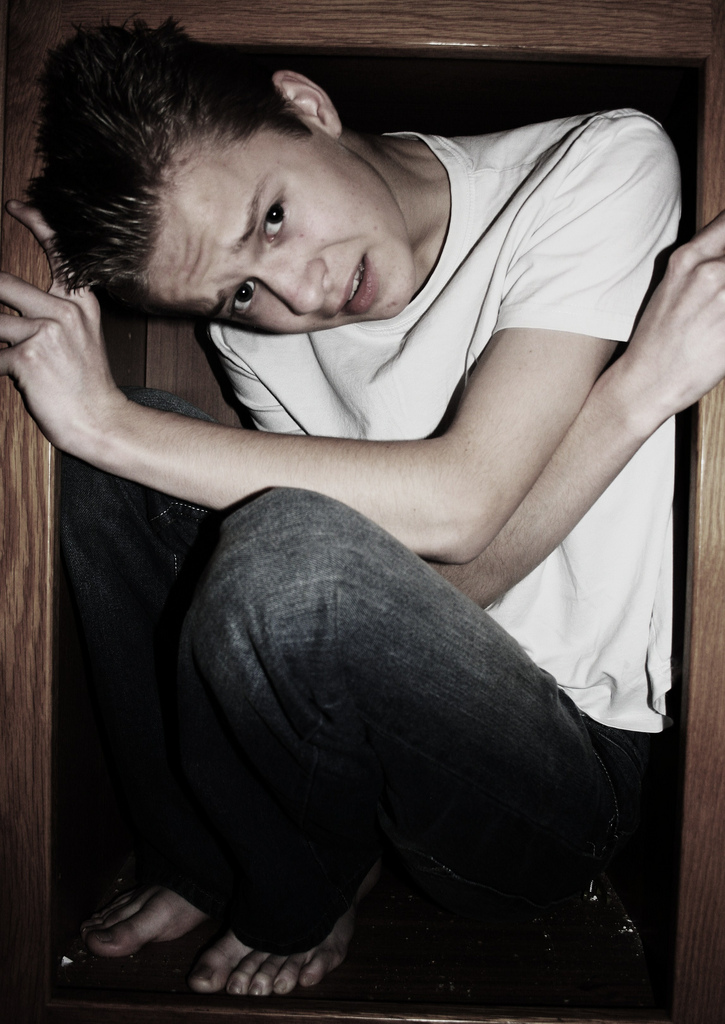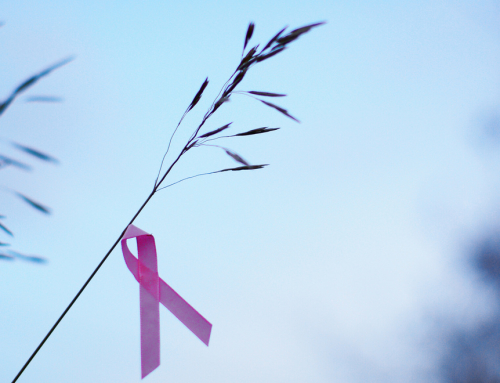Who Suffers from Claustrophobia?
According to the American Psychiatric Association, 75 to 90 percent of people who suffer from claustrophobia are women. Furthermore, claustrophobia is hereditary as it is likely to be inherited among family members. Traumatic situations such as being locked in an enclosed space or witnessing another person being trapped can induce claustrophobia.
Common Fears People with Claustrophobia Face
Some of the common issues that people suffering from claustrophobia face are things that are done daily by people all around the world. From taking an elevator or going in for an MRI, claustrophobia plays a part in many people’s lives.
Cognitive-Behavioral Therapy
Cognitive therapy helps you identify the thoughts that accompany your fear, so you can sort out what fears are legitimate and which are unrealistic. Once you have identified legitimate and unrealistic fears, therapy can help one determine appropriate action responses.
Medical Treatment
With any psychological symptoms, it is important to consult a physician as well as your therapist to rule out any possible physical causes of your symptoms.
Self-Help Techniques
A therapist can help with developing self-help techniques that you can use on your own.
Meditation – Train your body and mind to relax. Reducing stress and anxiety can be accomplished with something as easy as 10 to 15 minutes of meditation a day.
Exercise – Boost your immune system, improve cardiovascular health, and release endorphins, the “feel-good” hormone. Doctors recommend 30 minutes of exercise per day, and at least three times per week.
Deep Breathing – Deep breathing techniques have been proven to lead to positive physiological changes and anxiety reduction. Similarly progressive muscle relaxation such as squeeze and release techniques eases tension, thus decreasing your sensitivity to stress and anxiety triggers.
Don’t let claustrophobia stop you from living your life to the fullest. Treatment of claustrophobia has been shown to be highly effective. Free yourself from unrealistic fears and realize your maximum potential.
For more information about claustrophobia, please contact Encino Open MRI at (818) 986-4786














